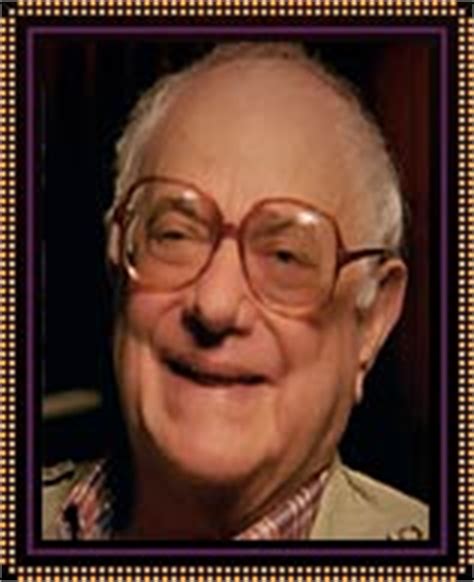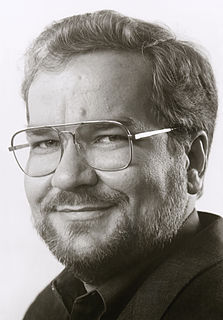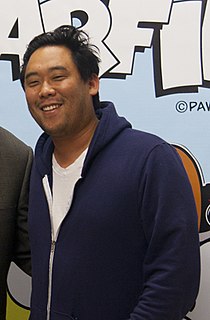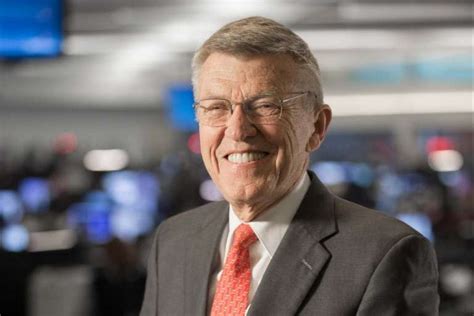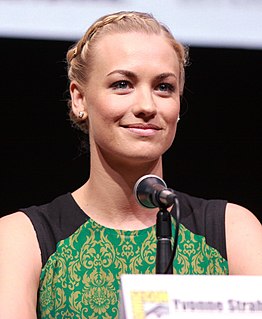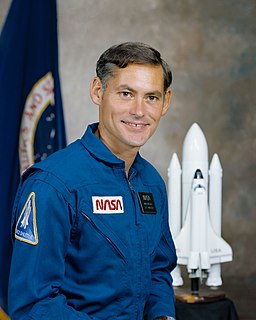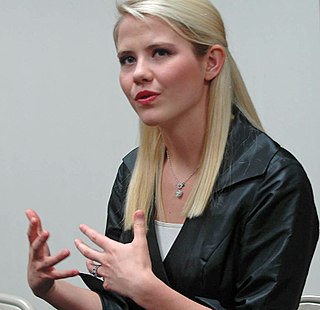Top 1200 Invasion Of Privacy Quotes & Sayings - Page 2
Explore popular Invasion Of Privacy quotes.
Last updated on November 25, 2024.
Taking somebody's money without permission is stealing, unless you work for the IRS; then it's taxation. Killing people en masse is homicidal mania, unless you work for the Army; then it's National Defense. Spying on your neighbors is invasion of privacy, unless you work for the FBI; then it's National Security. Running a whorehouse makes you a pimp and poisoning people makes you a murderer, unless you work for the CIA; then it's counter-intelligence.
Whether it's Facebook or Google or the other companies, that basic principle that users should be able to see and control information about them that they themselves have revealed to the companies is not baked into how the companies work. But it's bigger than privacy. Privacy is about what you're willing to reveal about yourself.
We have to remember that literally within months after Castro's taking office the planes from Florida were beginning to bomb Cuba. Within a year, the Eisenhower administration secretly, but formally, decided to overthrow the government. Then came the Bay of Pigs invasion. The Kennedy administration was furious about the failure of the invasion and immediately launched a major terrorist war and economic war that got harsher through the years. Under these conditions it is kind of amazing that Cuba survived.
There is a marvelous peace in not publishing. It's peaceful. Still. Publishing is a terrible invasion of my privacy. I like to write. I live to write. But I write just for myself and my own pleasure. I don't necessarily intend to publish posthumously, but I do like to write for myself. I pay for this kind of attitude. I'm known as a strange, aloof kind of man. But all I'm doing is trying to protect myself and my work.
In early 1798, the Directory, the oligarchy that was ruling revolutionary France, ordered its top general, Napoleon Bonaparte, to plan the invasion of England. Instead, Napoleon organized and carried out the invasion of Egypt, which became the first modern incursion by the West into the Middle East.
Actually, if you look at the essence of ISIS, how it came about, it's the product of foreign invasion. Foreign invasion in Iraq led to removal of Saddam Hussein, and we're not unhappy with that, but the point is that foreign presence in any territory has created dynamics. And you cannot avoid those dynamics.
We do have to balance this issue of privacy and security. Those who pretend that there's no balance that has to be struck and think we can take a 100-percent absolutist approach to protecting privacy don't recognize that governments are going to be under an enormous burden to prevent the kinds of terrorist acts that not only harm individuals, but also can distort our society and our politics in very dangerous ways.
I'm worried about privacy because of the young people who don't give a damn about their privacy, who are prepared to put their entire private lives online. They put stuff on Facebook that 15 years from now will prevent them from getting the jobs they want. They don't understand that they are mortgaging their future for a quick laugh from a friend.
Victor Hugo said you can stop an invasion of armies, but you can never stop an invasion of ideas. There's nothing more powerful than an idea whose time has come. It wasn't until 1920, four years after my mother was born - and she's still alive and healthy - that women were given the right to vote. Now it's hard even to imagine that for the greater part of the history of our country fifty percent of the population was not allowed to vote.
Drug offenses ... may be regarded as the prototypes of non-victim crimes today. The private nature of the sale and use of these drugs has led the police to resort to methods of detection and surveillance that intrude upon our privacy, including illegal search, eavesdropping, and entrapment. Indeed, the successful prosecution of such cases often requires police infringement of the constitutional protections that safeguard the privacy of individuals.
Look what happened with regard to our invasion into Afghanistan, how we apparently intentionally let bin Laden get away. That was done by the previous administration because they knew very well that if they would capture al Qaeda, there would be no justification for an invasion in Iraq. There’s no question that the leader of the military operations of the U.S. called back our military, called them back from going after the head of al Qaeda.
I wrote a letter to our Australian newspaper about three weeks before the invasion and I said, "Osama bin Laden must be on his knees morning and night praying to Allah that the Americans will invade." And, of course, he was, because nothing more advanced his cause - the cause of terrorism - than the invasion of Iraq. It was an absurdity.
In the space shuttle program, where we had males and females, I can tell you that nobody was doing that [sex] because there's absolutely no privacy. The only privacy would have been in the air lock, but everybody would know what you were doing. You're not out there doing a spacewalk. There's no reason to be in there.
Thank you very much for contacting me to express your support for the actions of President Bush in response to the Iraqi invasion of Kuwait. From the outset of the invasion, I have strongly and unequivocally supported President Bush's response to the crisis and the policy goals he has established with our military deployment in the Persian Gulf.
In our culture privacy is often confused with secrecy. Open, honest, truth-telling individuals value privacy. We all need spaces where we can be alone with thoughts and feelings - where we can experience healthy psychological autonomy and can choose to share when we want to. Keeping secrets is usually about power, about hiding and concealing information.

